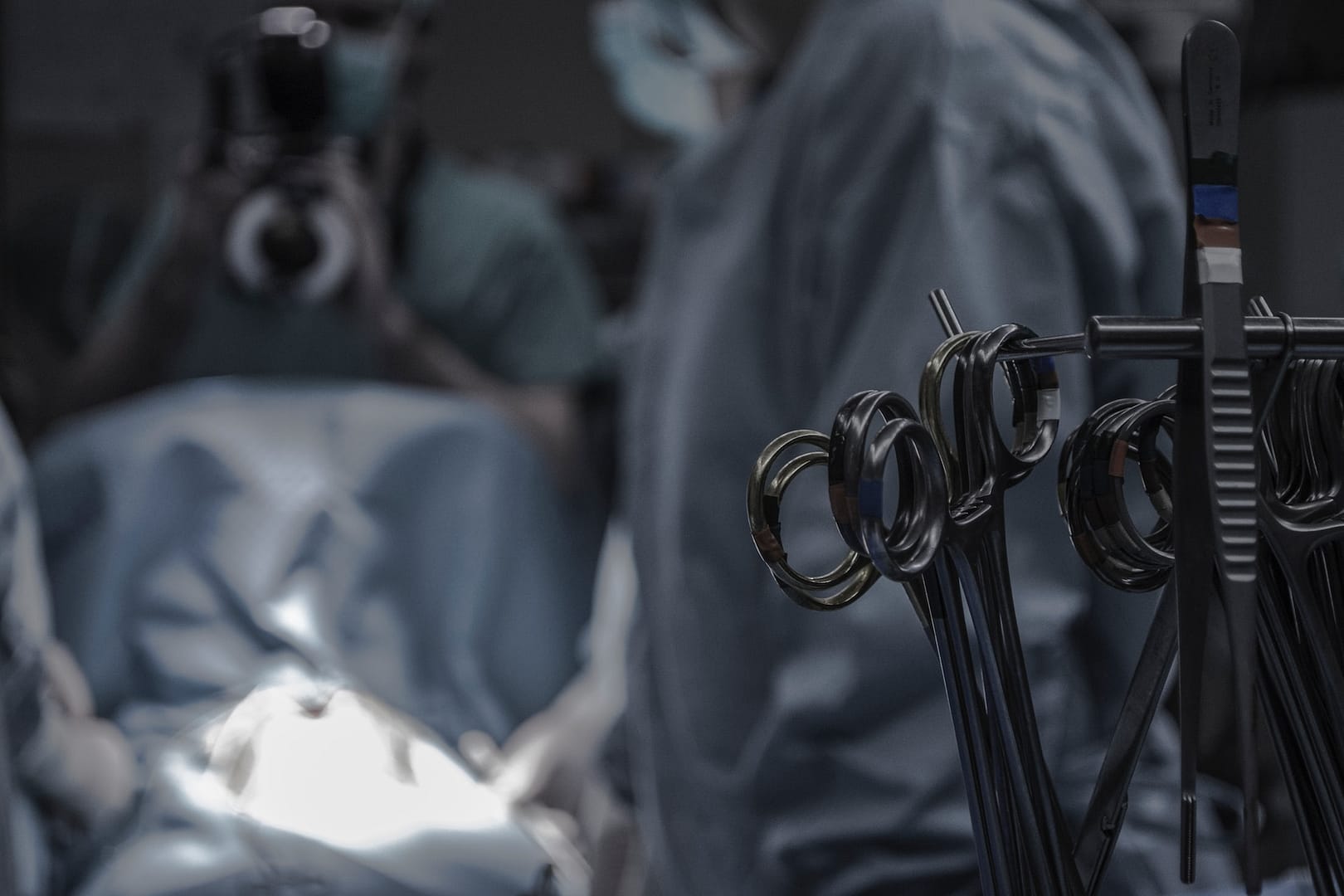In the world of healthcare, where precision and care are paramount, surgical errors are an unfortunate but stark reality. A single mistake during surgery can have life-altering consequences for patients, and it’s not surprising that surgical errors constitute one of the most common clinical negligence cases. In this article, we will delve into the heart of this matter, exploring the most common negligence cases and the prevalence of surgical errors in the United Kingdom.
Understanding the Most Common Negligence Cases
Medical negligence, or clinical negligence, encompasses a wide range of issues where healthcare providers deviate from the accepted standards of care. It involves instances where patients suffer harm due to medical professionals failing to meet their duty of care. Within the realm of clinical negligence, several cases stand out as the most common, with surgical errors being a prominent one.
The Most Common Negligence Cases
Let’s briefly overview some of the most common clinical negligence cases:
Misdiagnosis or Delayed Diagnosis
Misdiagnosing a medical condition or failing to diagnose it in a timely manner can lead to significant harm. For instance, a delay in diagnosing cancer can allow it to progress to an advanced stage, reducing the chances of effective treatment.
Medication Errors
Mistakes in prescribing or administering medications can lead to severe consequences, from allergic reactions to organ damage.
Birth Injuries
Inadequate care during childbirth can result in birth injuries to the baby or mother. These injuries can have lifelong implications for the child and often lead to clinical negligence claims.
Surgical Errors
The focus of this article, surgical errors encompass a broad range of mistakes made during surgical procedures. These can include wrong-site surgeries, leaving instruments inside the patient, or damaging surrounding organs.
The Prevalence of Surgical Errors in the UK
Surgical negligence cases are sadly all too common, and they impact patients, their families, and the healthcare system as a whole. In the United Kingdom, like many other countries, surgical errors are a significant concern. Although I cannot provide real-life examples due to the limitations, I can offer a glimpse of the landscape of surgical negligence in the UK based on existing information.
Wrong-Site Surgery
One of the most harrowing surgical errors is wrong-site surgery, where a surgeon operates on the wrong part of a patient’s body. This shocking mistake can lead to dire consequences, including unnecessary pain and suffering, the need for additional surgeries, and long-term physical and emotional trauma.
A review of data from the UK indicates that wrong-site surgeries occur more frequently than one might expect. Such errors are often attributed to communication breakdowns in the operating room, inadequate preoperative verification procedures, or lapses in concentration. These cases often result in legal claims and compensation for the affected patients.
Retained Surgical Instruments
Leaving surgical instruments or other foreign objects inside a patient’s body is another grave surgical error. Patients may experience pain, infection, and severe complications as a result of these mistakes.
In the UK, retained surgical instruments are not uncommon, and they are more than just an occasional mishap. The reasons behind these errors vary but often relate to a failure to maintain accurate surgical counts or inadequate monitoring of surgical instruments during a procedure. Patients who experience these errors can file clinical negligence claims to seek justice for the harm they endure.
Infection Control Negligence
Infections acquired during surgery can pose a significant risk to patients. These infections can lead to prolonged hospital stays, additional medical expenses, and, in some cases, even death.
Infection control negligence may involve lapses in sterile technique or the improper use of surgical equipment. While healthcare facilities in the UK maintain strict protocols for infection control, breaches of these protocols can still occur, resulting in clinical negligence cases.
Consent and Communication Issues
Before surgery, patients must give informed consent, which involves understanding the procedure, its risks, and potential alternatives. Failure to obtain proper consent or adequately communicate with patients regarding their surgical options can lead to clinical negligence claims.
Cases of consent and communication issues in the UK have raised concerns about the importance of patient autonomy and the need for clear, open, and honest communication between healthcare providers and their patients.
Postoperative Care Negligence
Surgical errors aren’t limited to the operating room. Postoperative care is equally critical, and negligence in this phase can result in complications, prolonged recovery, or even death.
Patients have filed clinical negligence claims in the UK related to issues such as inadequate postoperative monitoring, insufficient pain management, or failure to detect and address post-surgery complications promptly.
Pursuing Justice for Surgical Errors
When patients experience surgical errors, they may choose to pursue justice through clinical negligence claims. These claims seek to hold healthcare providers accountable for their mistakes and provide compensation to patients for the harm they have suffered. In the UK, the legal system provides a framework for patients to seek redress for clinical negligence cases, including surgical errors.
To initiate a clinical negligence claim, patients typically need to demonstrate the following:
Duty of Care: The healthcare provider owed the patient a duty of care, which is a legal obligation to provide a certain standard of care.
Breach of Duty: The healthcare provider breached their duty of care by failing to meet the accepted standards of medical practice. In the case of surgical errors, this could include performing the wrong procedure, leaving surgical instruments inside the patient, or other preventable mistakes.
Causation: The breach of duty directly caused harm to the patient. Patients must establish a direct link between the surgical error and the harm they suffered.
Damages: Patients must provide evidence of the damages they incurred as a result of the surgical error. This can include medical expenses, pain and suffering, lost wages, and other relevant costs.
Surgical negligence cases can be complex, often requiring expert testimony and extensive documentation. However, they serve a crucial role in holding healthcare providers accountable for their actions and providing compensation to patients to help them cope with the aftermath of surgical errors.
Making a Clinical Negligence Claim with National Claims
At National Claims, we understand the pain and suffering that can result from surgical errors. We are here to support you in your pursuit of justice and compensation for the harm you’ve endured. Making a clinical negligence claim can be a complex process, but our experienced team of legal professionals is dedicated to guiding you every step of the way.
Initial Consultation: Your journey begins with an initial consultation with our team. We will listen to your story, review the details of your case, and determine if you have a valid clinical negligence claim. This initial assessment is crucial in understanding the merit of your case.
Legal Representation: If we believe you have a valid claim, we will provide you with legal representation. Our experienced solicitors will work tirelessly to build a strong case on your behalf, gathering evidence and consulting experts as needed.
Support and Guidance: Throughout the entire claims process, National Claims will provide you with the support and guidance you need. We understand the emotional and physical toll that surgical errors can take, and we are committed to being your advocates.

Conclusion
In a world where trust in healthcare providers is paramount, the prevention of surgical errors is a shared responsibility. It involves not only the healthcare professionals themselves but also regulatory bodies, institutions, and patients. By working together, we can strive to minimize the occurrence of surgical errors and ensure that each patient receives the care they deserve – safe, effective, and compassionate.
Surgical errors, while tragically common, can be addressed through clinical negligence claims, providing a path to justice and compensation for those who have suffered harm. At National Claims, we are here to support you in your pursuit of justice, and we remain committed to making the healthcare system safer for all.
Contact us today to speak to one of our claims specialists and start your claim with National Claims.
Click below to see why we are one of the most trusted claims management companies in the UK.

We’re proud of our excellent customer reviews
We thrive on delivering exceptional service and ensuring our clients’ satisfaction. Don’t just take our word for it. Check out some of our independent reviews to see what our clients have to say.
Excellent

This firm is excellent, they sorted out my car pay out and injury claim very fast, they always communicate with you all the time.

My accident case was dealt with confidence and with great result of the outcome, especially James kept me informed all the time.

I was very impressed at the way my inquiry was treated. I was listened to attentively and everything I needed to know was explained to me.






